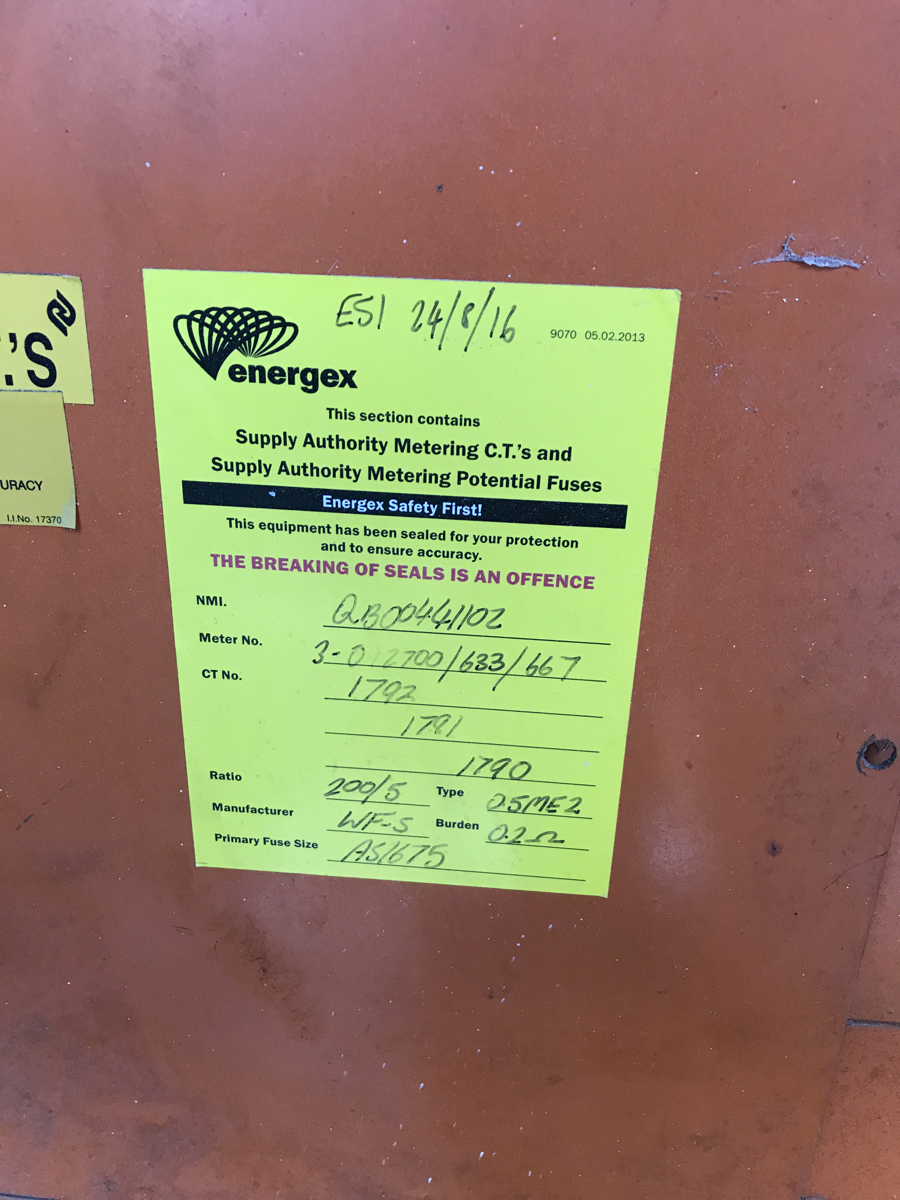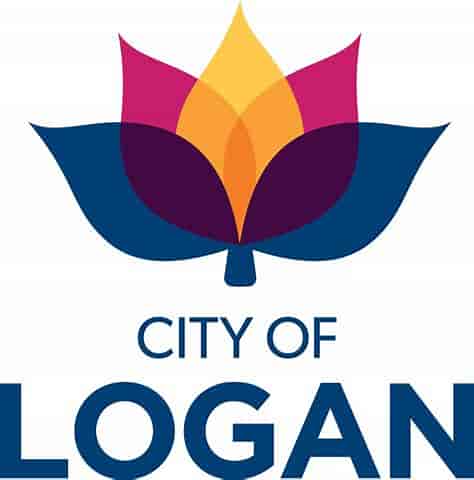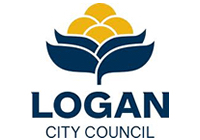Initial Assessment & Property Specific Information
-
Safety Instructions
-
SITES
-
Property Key:
-
Property File Number:
-
Property name:
-
Property Number:
-
Street Address:
-
Suburb:
-
Conducted on
-
Conducted by
-
Assisted by:
-
Have you notified your leader of your attendance to site
-
Before Attending Site, is it safe to do so
-
Report Completed by:
-
If it is unsafe to travel to and from the site, please provide reason
-
Are there any known reports from the authorities that prevent you from attending site
-
After conducting a visual inspection from the road to identify obvious hazards, is there any visible structural damage, fallen power lines, or debris.
-
Are all access routes to the building clear of debris and safe for entry
-
Supporting Documentation:
Visual Safety Checklist
Structural Integrity
-
Building Damage
-
Is there any cracks, shifts, or other structural damage to walls, roofs, and foundations. It appears there may be significant damage if you notice large cracks or misalignments. Is there any cracks, shifts, or other structural damage to walls, roofs, and foundations. It appears there may be significant damage if you notice large cracks or misalignments<br>
Roof Condition/Issues
-
Inspect the roof for missing tiles, loose sheets, leaks or other damage. It looks like there might be issues if you see missing or damaged roof materials. <br>Is there any damage
Water Ingress
-
Inspect for signs of water ingress, including damp walls, ceilings, and floors. It appears there may be water ingress if you notice damp spots or water stains. <br>Is there any signs of water ingress
Exterior and Surroundings
-
Exterior Walls
-
Inspect exterior walls for cracks, damage, or water damage. It appears there may be issues if you see visible cracks or stains.<br>Are there any cracks
Landscaping
-
Check for potential or imminent damage to landscaping that could affect building safety, such as fallen trees or erosion. It looks like there could be safety hazards if trees are uprooted or soil is eroded <br>Is there any potential or iminent damage
Drainage Systems
-
Ensure drainage systems are clear and functioning properly to prevent future water ingress. It appears there may be drainage issues if water pools around the building or drains are overflowing despite a reduction in rainfall<br>Is the drainage system clear
Car Parks
-
Structural Integrity
-
Inspect car park structures for damage or instability. It appears there may be issues if you notice cracks or shifts in the structure <br>Is there any damage to the car park structures
Safety Barriers
-
Check that safety barriers and bollards are intact and functional. It looks like there could be safety concerns if barriers are damaged <br>Is there any safety concerns
Lighting
-
Check car park lighting is operational for safety and security. It appears there may be issues if lights are broken or not working<br>Are all of the car park lights working
Access and Egress
-
Emergency Exits
-
Ensure all emergency exits are clear and accessible. It looks like there could be issues if exits are blocked or damaged <br><br>This is a priority action for entry or access to a building should an emergency occur whilst on site. <br>Are all emergency exits clear and accessible
Signage
-
Check that all exit signage is visible and intact. It appears there may be problems if signs are missing or unreadable<br>Is all signage visible and intact
Accessibility
-
Verify that access routes for people with disabilities are clear and functional. It looks like there could be accessibility issues if ramps or handrails are damaged<br>Are all access routes clear and functional
Solar Panels
-
Panel Condition
-
Inspect solar panels for physical damage, such as cracks or dislodgement. It appears there may be damage if panels are visibly cracked or out of place. <br>Is there any damage
Electrical Connections
-
Check the electrical connections of solar panels for water damage or corrosion. It looks like there could be issues if connections appear corroded or damaged.<br>Is there any damage
System Shutdown
-
Ensure the solar system is safely shut down and inspected by a professional before reactivation.
Electrical Safety
-
Power Supply
-
Ensure the power supply is safe and operational. Check for damaged wiring and electrical panels. It looks like there could be electrical issues if you see exposed or damaged wires.<br>Is the power supply operational
Electrical Appliances
-
Inspect all electrical appliances for water damage before use. It appears there may be damage if appliances show signs of water exposure. <br>Is there any damage
Electrical Systems
-
Have a licensed electrician inspect the building's electrical systems for safety. It looks like professional inspection is needed if there are any signs of electrical damage<br>Is the electrician licensed
Plumbing and Sewage
-
Sewage Spills
-
Check for sewage spills or blockages in the plumbing system. It appears there may be issues if you notice unpleasant odours or visible sewage. <br>Is there any sewage spills
Water Supply
-
Ensure the water supply is safe and free from contamination. It looks like there could be contamination if the water appears discoloured or has an unusual smell.<br>Is there any contamination
Plumbing Fixtures
-
Inspect plumbing fixtures for leaks or damage. It appears there may be leaks if you see water pooling around fixtures. <br>Is there any leaks or damage
Gas Systems
-
Gas Leaks
-
Check for any smell of gas (often described as a rotten egg or cabbage smell). If you detect any gas odour, immediately turn off the gas supply and contact emergency services<br>Can you smell gas
Gas Cylinders
-
Ensure that all gas cylinders are still secured and have not been damaged or displaced. If any cylinders have moved or appear damaged, do not use them and contact your gas supplier.<br>Are gas cylinders secure
Gas Appliances
-
Inspect all gas appliances for any signs of water damage or other damage. Do not use any appliances that have been affected by water until they have been checked and cleared by a certified technician.<br>Is there any sign of water damage
Gas Piping
-
Check the gas piping for any visible damage or leaks. If you suspect any damage, do not attempt to repair it yourself. Contact a licensed gas fitter to inspect and repair the piping.<br>Is there any signs of damage
Air Quality
-
Air Quality Assessment
-
Assess air quality for pollutants, mould spores, and other contaminants. It appears there may be air quality issues if you notice unusual odours or respiratory discomfort <br>Is there any mould
Ventilation
-
Ventilation
-
Ensure proper ventilation to improve indoor air quality. It looks like ventilation improvements are needed if the air feels stale or stuffy <br>Is there sufficient ventilation
Air Filtration & Air Conditioning
-
Use air purifiers or filtration systems to remove airborne contaminants. It appears air filtration is necessary if there are visible dust or particles in the air <br><br> Is the air conditioning system damaged?
Building Interior
-
Interior Walls and Ceilings
-
Inspect interior walls and ceilings for damage or water stains. It looks like there could be damage if you see discoloration or peeling paint. Is there any sagging in in the ceiling. Do not stand under or near any compromised structures. <br>Is there any damage or stains
Flooring
-
Check flooring for warping, buckling, or other damage. It appears there may be flooring issues if you notice uneven surfaces or soft spots.<br>Is there any damage to the flooring
Furniture and Equipment
-
Inspect furniture and equipment for water damage and mould. It looks like there could be damage if items appear swollen or discoloured. Do not use if damaged or broken.<br>Is there any damaged furniture
Protective Gear
-
Ensure all workers and others wear appropriate protective gear during inspection and cleanup. It looks like protective gear is essential if there are visible hazards.<br>Do all workers have the correct PPE to the tasks at hand
Pest Infestation/Animals
-
Check for signs of pest/animals such as birds, snake, mammals, rodents or insects. Contact animal management team or relevant authorities as appropriate. Refer to contact list<br>Is there any signs of pests/animals on site
Occupational violence
-
Ensure your safety if attending site where others may seek refuge or shelter or at risk of looting. <br>Is there any persons on site that should not be there
Signs of Flooding
-
Water Stains
-
Look for water stains on walls, floors, and ceilings. It appears there may have been flooding if you see discoloration or water marks.<br>Is there any water stains on the wall, floors and ceilings
Debris
-
Check for debris left behind by floodwaters. It looks like there could have been flooding if you find mud, silt, or other debris inside the building. Do not attempt to handle any debris without PPE.<br>Is there any debris
Broken Windows
-
Window Damage
-
Inspect windows for cracks, breaks, or missing panes. It appears there may be issues if windows are visibly damaged. Do not attempt to touch or open damaged window.<br>Is there any damage to windows
Temporary Repairs
-
Ensure temporary repairs are made to broken windows to prevent further damage. It looks like temporary measures are needed if windows are not secure. Please report and complete a maintenance request.<br>Have temporary repairs been completed
Documentation and Reporting
-
Damage Report
-
Document all findings and report to relevant authorities for further action. It looks like thorough documentation is needed if there is significant damage.<br>Is there any damage
Compliance Check
-
Verify compliance with local safety regulations and guidelines from SafeWork Australia and other authorities. It appears compliance checks are necessary if there are any safety concerns.<br>Is it compliant
Insurance Claims
-
Prepare documentation for insurance claims, including photos and detailed descriptions of damage. It looks like detailed documentation is essential for insurance purposes.<br>NA
Notification Procedures
-
Use existing LCC systems to notify relevant authorities and stakeholders about the building's status and any required actions.<br>NA
Approval Process
- Approvals
-
Date of Approval:
-
Visual Inspection Status
-
Visual Inspection Status Legend
-
Approvers Title:
-
Approvers Name:
-
Approvers Signature:
















